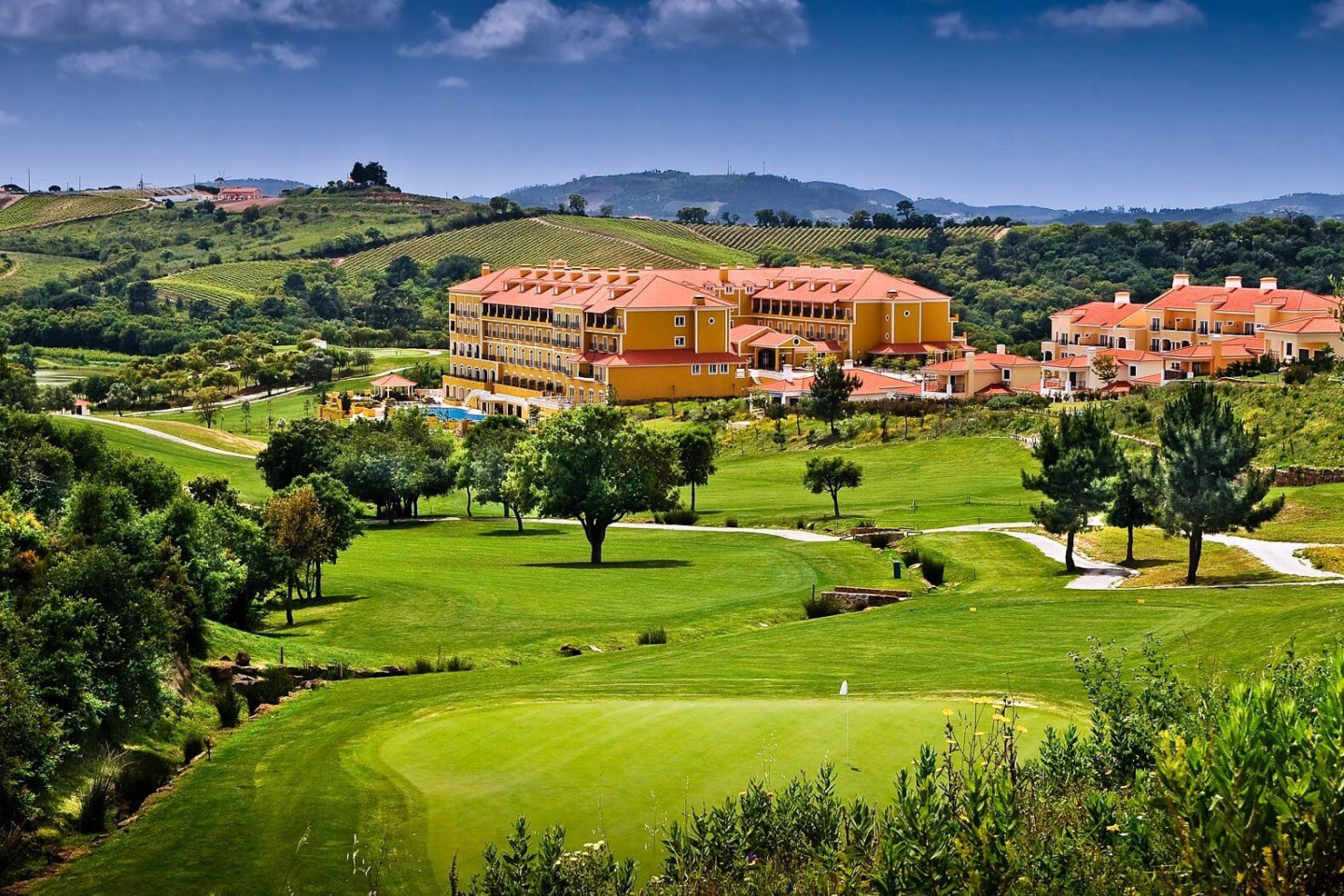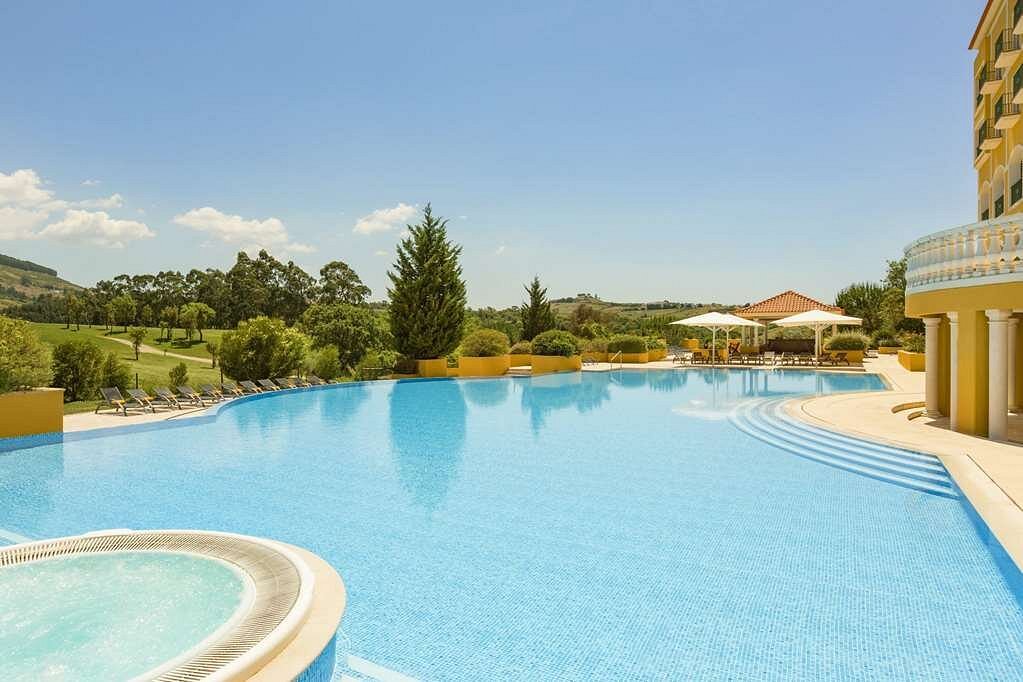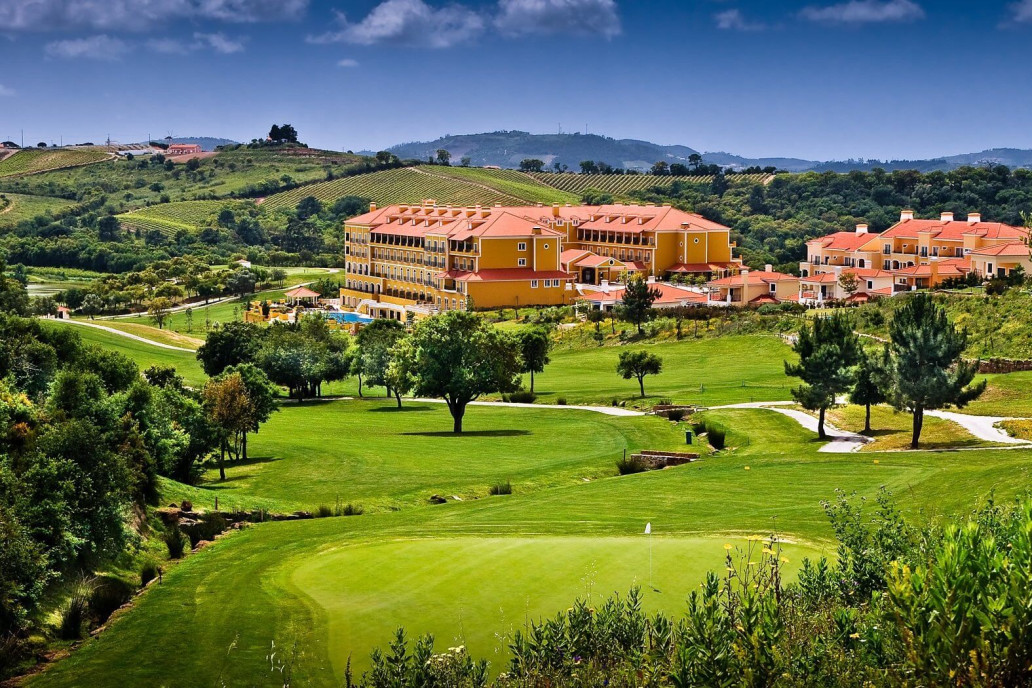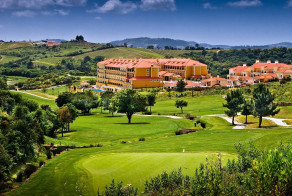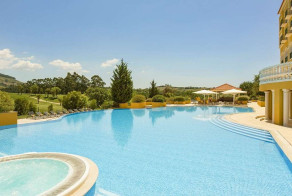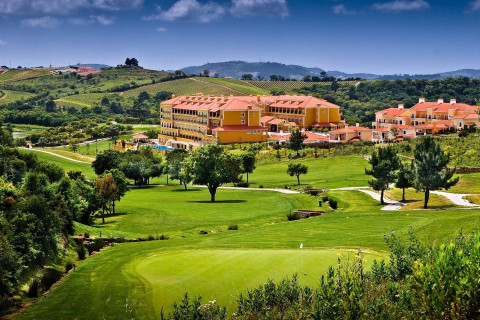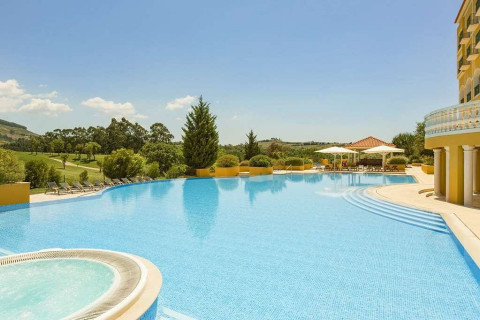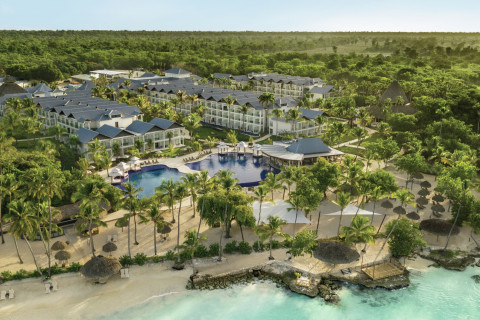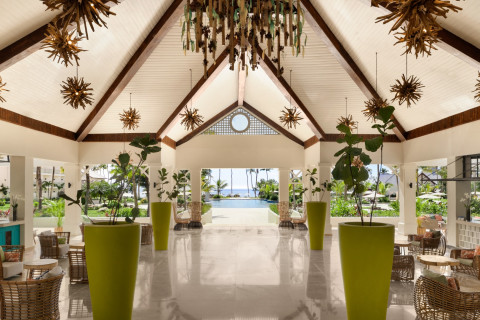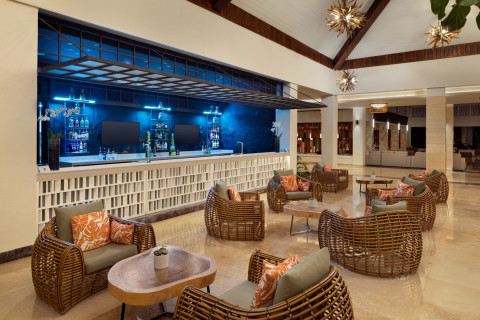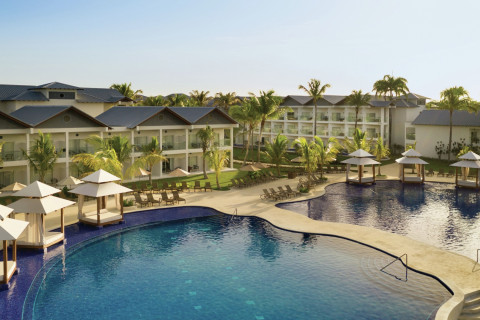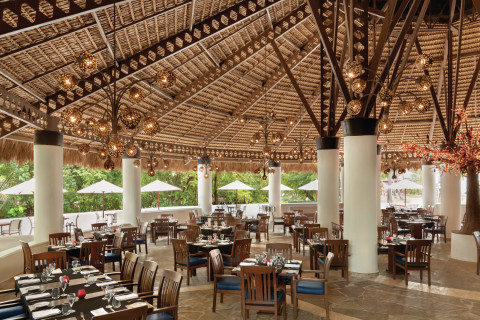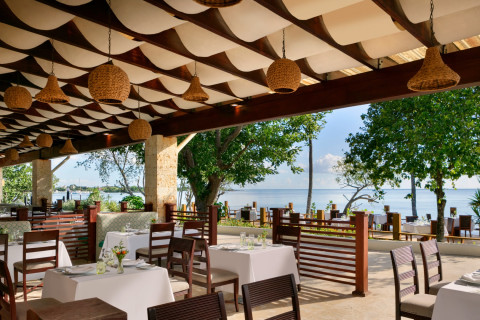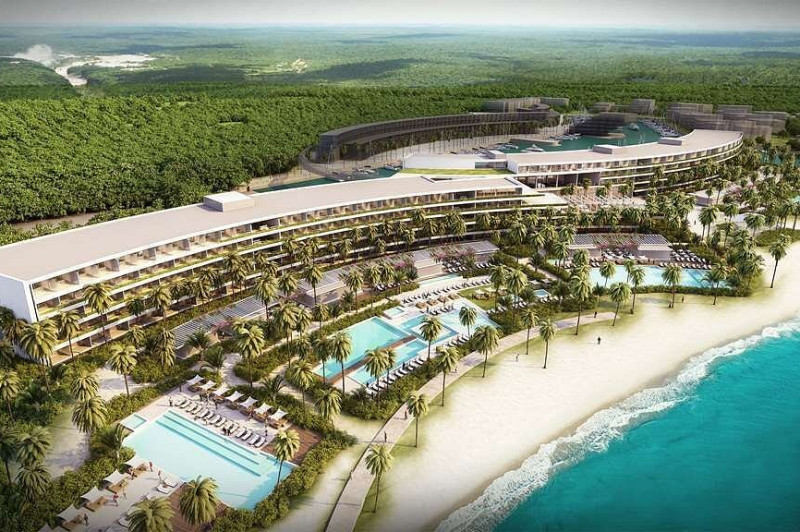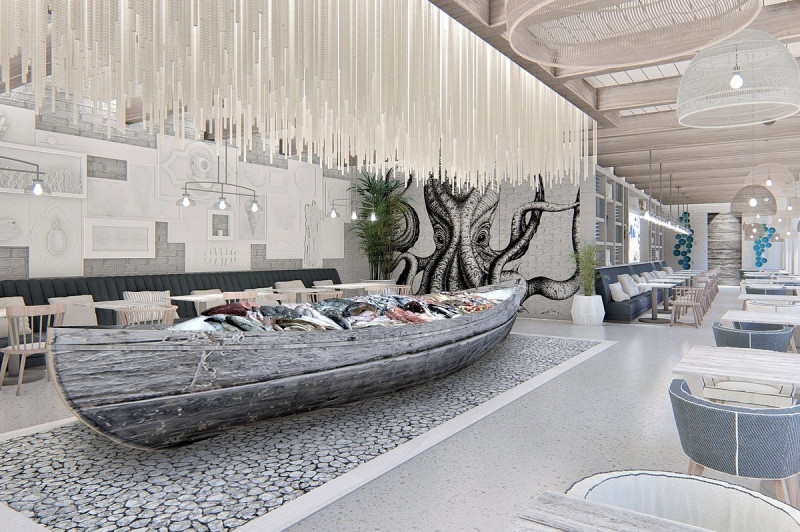- Home
- Past Conferences
- Animal Models of Cancer Conference
Animal Models of Cancer Conference
From Cancer Genetics to Precision Oncology #AMC23
18 Jul - 21 Jul 2023
Lisbon, Portugal
-
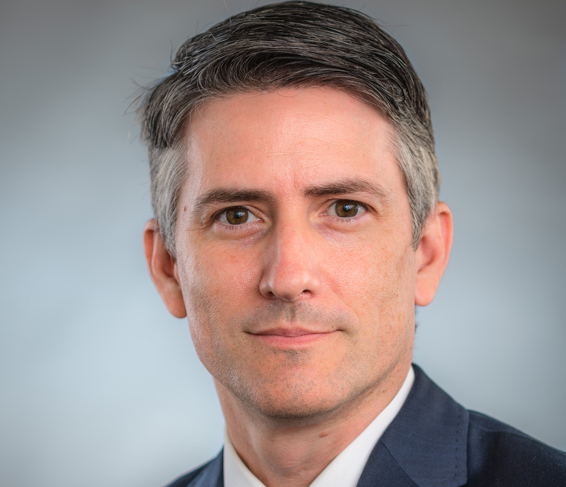
Kevin Haigis
Dana-Farber Cancer Institute
-
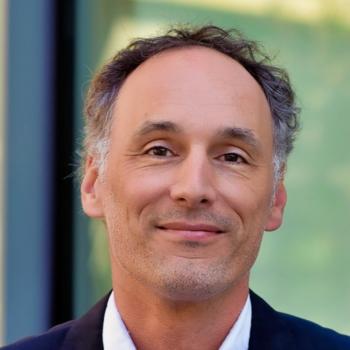
Julien Sage
Stanford University
Early Bird - Expired • Talk Submission - Expired • Poster Submission - Expired • Registration & Payment Deadline - Expired
Report
The inaugural Fusion Conference on Animal Models of Cancer was held from July 18 to 21, 2023, in Lisbon, Portugal. The goal of the conference was to showcase how pre-clinical mouse models can be used to investigate the molecular and cellular mechanisms involved in cancer initiation, progression, and metastasis in living organisms. Numerous novel therapeutic targets and approaches were discussed during the event.
Significant progress in genetic engineering has enabled precise manipulation of cancer genes in various species. Presentations featuring genetically engineered mice were complemented by talks on other animal models, such as flies, fish, rats, pigs, and naked mole rats. Each of these species offers unique advantages. For instance, transparent zebrafish allow easy visualization of cancer cells, while pigs have physiological similarities to humans.
Throughout the conference, several common themes emerged from the presentations and ensuing discussions. These discussions emphasized the importance of adopting more comprehensive approaches to study cancers, made possible by single-cell analyses. Moreover, they underscored the significance of considering the interactions between cancer cells and non-cancer cells within the tumor microenvironment, which is a major strength of in vivo models.
A noteworthy aspect of the conference was its relatively small size, with only 87 attendees. This convivial setting, situated in the beautiful Dolce CampoReal Lisbon resort, fostered extended discussion times and encouraged close interactions between trainees and faculty.
The organizers are optimistic that this first Fusion Conference on Animal Models of Cancer will be the precursor to many more such gatherings in the future. They believe that this platform will enhance collaboration and communication among scientists interested in modeling cancer and developing effective anticancer strategies.
- Kevin Haigis (Dana-Farber Cancer Institute) & Julien Sage (Stanford University)
Synopsis
The first genetically engineered mice were created more than 40 years ago. Since then, steady improvements in the field have allowed for the generation of experimentally controllable and genetically accurate models for many human cancers. Recent technological advances in genome editing are pushing this frontier and new animal models are directly impacting precision medicine approaches by enabling the functional evaluation of larger numbers of genetic and epigenetic alterations, by providing pre-clinical and co-clinical platforms to evaluate new therapies, and by allowing for the detailed study of tumor biology that cannot be approached in cell-based systems, immunocompromised animals, or patients. While animal modeling has been a staple of the cancer biology community for decades, it is only now maturing to its fullest potential.
This conference will focus on three major areas: First, it will present new approaches to generate precise and complex genetic alterations in mice and other animals to better “humanize” models and allow for in vivo studies of cancer gene function. Second, it will highlight studies to investigate fundamental mechanisms of cancer initiation and progression, including the cell of origin of tumors, their evolution, their metabolism, and their interactions with the immune system. Finally, the meeting will explore how genetically engineered animal models can help evaluate the efficacy of novel therapeutic approaches and to decipher mechanisms of therapeutic resistance.
Key Sessions
- New technologies for cancer modelling
- Modeling pre-cancers and tumor initiation
- Cancer metabolism
- Cancer/immune interactions and tumor microenvironment
- Metastasis
- Preclinical trials and resistance
Confirmed Keynote Speakers
Ron DePinho (MD Anderson Cancer Center)
TUMOR MICROENVIRONMENT CIRCUITS
Tyler Jacks (MIT)
INVESTIGATING TUMOR-IMMUNE INTERACTIONS USING GENETICALLY ENGINEERED MOUSE MODELS OF CANCER
Celeste Simon (University of Pennsylvania Perelman School of Medicine)
CANCER CELLS DON’T LIVE ALONE!: EXPLORING TUMOR NEIGHBORHOODS
Karen Vousden (Francis Crick Institute)
MODELS OF DIET, METABOLISM AND CANCER PROGRESSION
Confirmed Invited Speakers
Martin Bergö (Karolinska Institute)
REDOX CONTROL OF KRAS- AND BRAF-INDUCED TUMOR PROGRESSION
Al Charest (Beth Israel Deaconess Medical Center)
DRIVER MUTATIONS DICTATE THE IMMUNOLOGICAL LANDSCAPE AND RESPONSE TO CHECKPOINT IMMUNOTHERAPY OF GLIOBLASTOMA
Sarah-Maria Fendt (VIB-KU Leuven Center for Cancer Biology)
NUTRIENT DEPENDENCIES OF METASTASIS FORMATION
Jos Jonkers (Netherlands Cancer Institute)
SOMATIC MODELING OF BREAST CANCER IN MICE AND RATS
Joe Kissil (Moffitt Cancer Center)
MODELING LUNG CANCER IN THE NAKED MOLE RAT
Laurent Le Cam (Montpellier Cancer Center)
METABOLIC FUNCTIONS OF THE P53 PATHWAY IN METABOLISM: IMPLICATIONS IN NORMAL TISSUE HOMEOSTASIS AND CANCER PROGRESSION
Leanne Li (Francis Crick Institute)
CANCER NEUROSCIENCE: CRACKING THE CODE USING MOUSE MODELS OF CANCER
Martin McMahon (Huntsman Cancer Institute)
DIRECT PHARMACOLOGICAL TARGETING OF NRAS SIGNALING FOR FUTURE MELANOMA THERAPY
Luis Parada (Memorial Sloan Kettering Cancer Center)
GLIOBLASTOMA FUNCTIONAL HIERARCHY AND TARGET DISCOVERY
Katerina Politi (Yale School of Medicine)
LEVERAGING MOUSE MODELS FOR STUDIES OF DRUG RESISTANCE IN LUNG CANCER
Tannishtha Reya (Columbia University)
STEM CELL PATHWAYS IN PANCREATIC CANCER GROWTH, PROGRESSION AND THERAPY RESISTANCE
Mara Sherman (Memorial Sloan Kettering Cancer Center)
MECHANISMS AND CONSEQUENCES OF PANCREATIC CANCER STROMAL EVOLUTION
Rocio Sotillo (German Cancer Research Center)
MOLECULAR DRIVERS AND CELL OF ORIGIN OF NON-SMALL CELL LUNG CANCER
Alejandro Sweet-Cordero (University of California, San Francisco)
INHIBITING SIGNALING THROUGH CNTFR CAUSES TUMOR REGRESSION THROUGH BOTH CELL AUTONOMOUS AND TUMOR MICROENVIRONMENT MECHANISMS IN A MOUSE MODEL OF LUNG CANCER
Andrea Ventura (Memorial Sloan Kettering Cancer Center)
CLOSING THE CIRCLE: FROM GENE FUSIONS TO ecDNAs
Kwok-Kin Wong (NYU Langone Health)
SQUAMOUS LUNG CANCER MODELS, TRANSCRIPTIONAL WIRING AND THERAPEUTIC STRATEGIES
Student Offer
Take advantage of this fantastic opportunity for students! Fully paying academics can bring a student for only €840. Unfortunately, Postdocs are not eligible. Both registration packages include; accommodation for the 18, 19, 20 July 2023 (on a shared basis for students) and a food and beverage package for the conference period. Once registered, please contact Chloe Trundle to obtain a special registration link for your student.
Target Audience
- Basic scientists studying all aspects of cancer biology
- Scientists and clinicians performing translational work, especially those using mouse models for preclinical studies
- Investigators from the biotech and pharma industries who are interested in state-of-the-art animal modeling approaches
Educational Need
Cancer genome sequencing provides an unprecedented view of recurrent alterations in human cancers and the development of highly effective targeted therapies and immune-modulatory therapies constitutes major victories. Nevertheless, the function of genes identified from genomic studies is often poorly characterized, leaving no means of therapeutic intervention. Moreover, cancers that are initially sensitive to therapy inevitably become resistant, often through mechanisms that are not well understood. Mouse models represent an experimental system to study cancer gene function and to evaluate the efficacy and resistance mechanisms associated with specific therapies. In the past few years, other animal models have also been instrumental in studying mechanisms of tumorigenesis. This conference will provide a forum for discussion on the past, present, and future of animal models for cancer, in particular the role that these models will play in the era of precision medicine.
Confirmed Speakers
Chairs

Kevin Haigis
Dana-Farber Cancer Institute

Julien Sage
Stanford University
Plenary Speakers
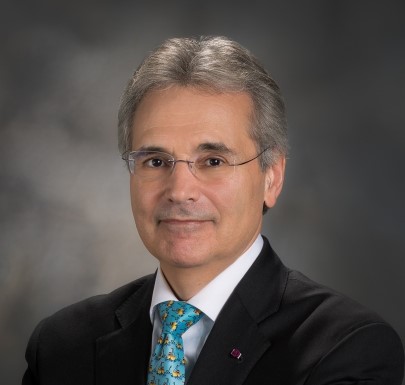
Ronald DePinho
MD Anderson Cancer Center

Tyler Jacks
MIT
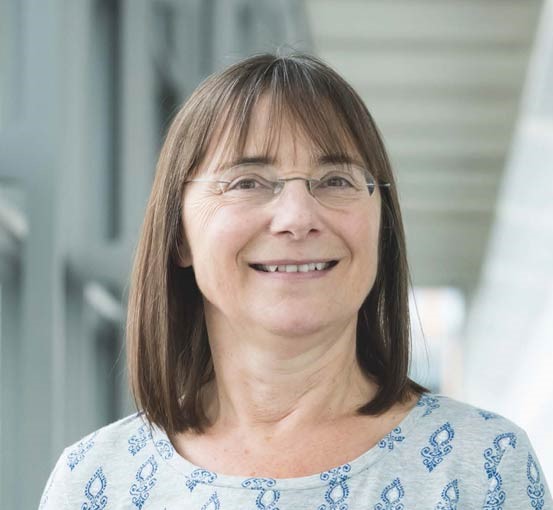
Karen Vousden
Francis Crick Institute

Celeste Simon
Perelman School of Medicine
Invited Speakers
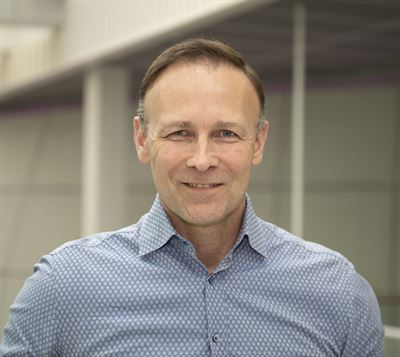
Martin Bergö
Karolinska Institute
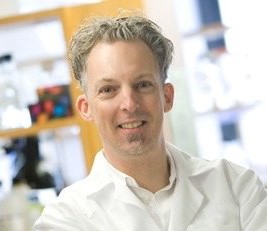
Al Charest
Beth Israel Deaconess Medical Center
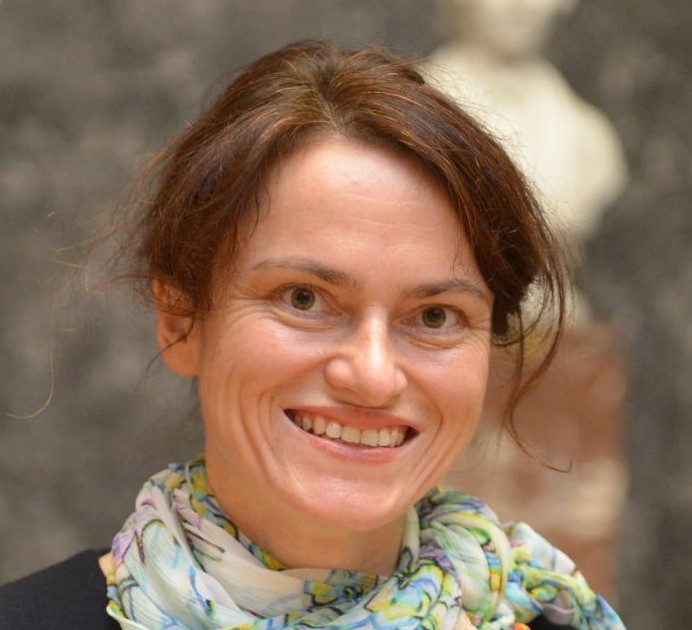
Sarah-Maria Fendt
VIB-KU Leuven Center for Cancer Biology
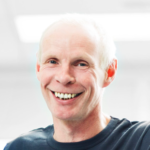
Jos Jonkers
Netherlands Cancer Institute
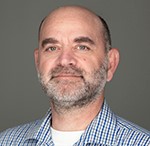
Joe Kissil
Moffitt Cancer Center
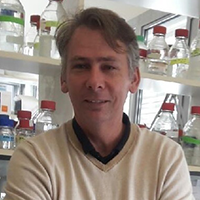
Laurent Le Cam
Montpellier Cancer Center
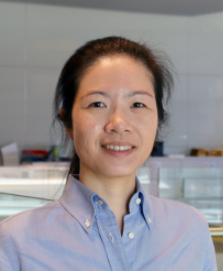
Leanne Li
Francis Crick Institute
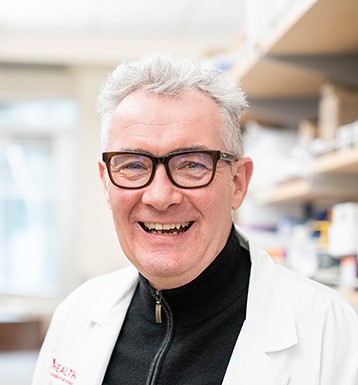
Martin McMahon
Huntsman Cancer Institute

Luis Parada
Memorial Sloan Kettering Cancer Center
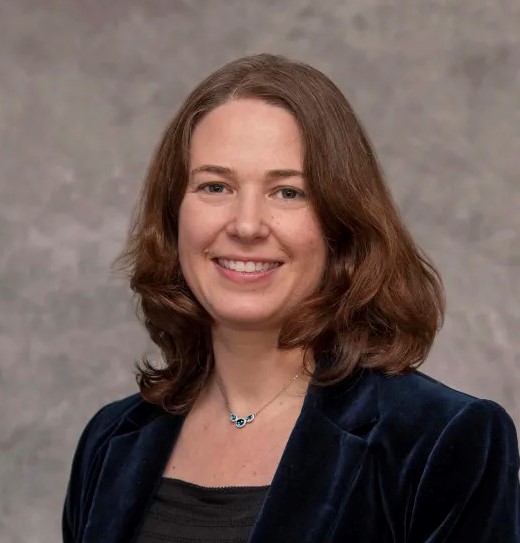
Katerina Politi
Yale School of Medicine
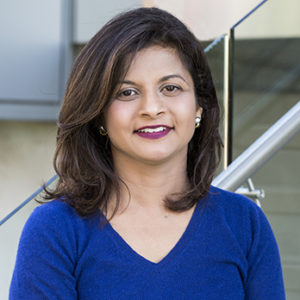
Tannishtha Reya
Columbia University
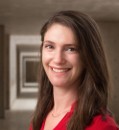
Mara Sherman
Memorial Sloan Kettering Cancer Center
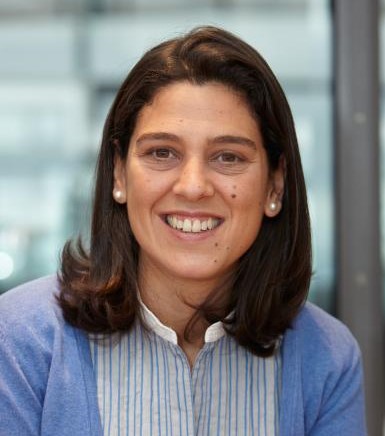
Rocio Sotillo
German Cancer Research Center
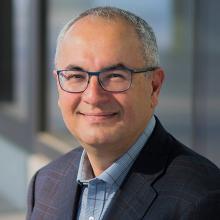
Alejandro Sweet-Cordero
University of California, San Francisco
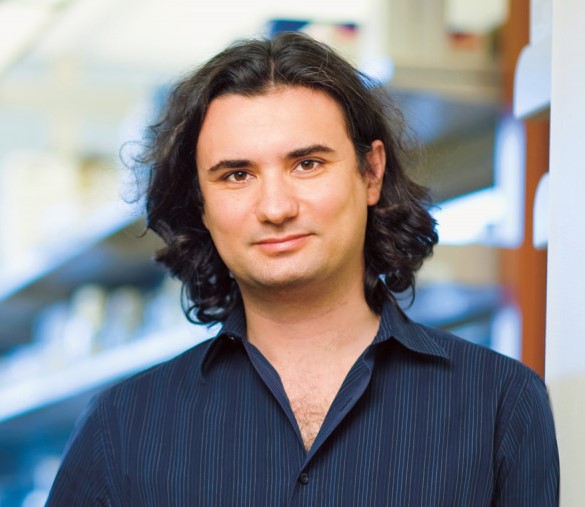
Andrea Ventura
Memorial Sloan Kettering Cancer Center
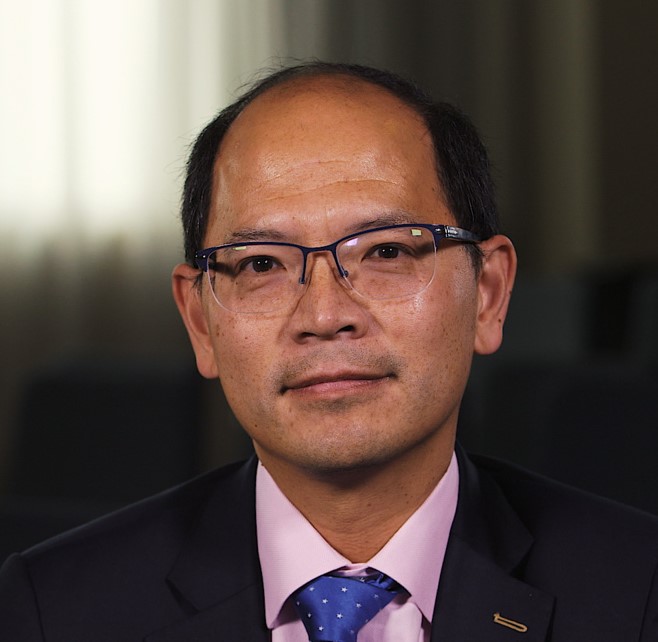
Kwok-Kin Wong
NYU Langone Health
Programme
Grants
ECR Grants Available
Due to the generous pledges from our invited speakers, we have been able to create several ECR grants. We currently have 8 x €750 registration grants set aside for early career researchers. If you are a student or postdoc (up to 6 years post higher degree), you are eligible. To apply please email the conference manager, Chloe Trundle, with the following information:
- your career level
- an abstract for poster consideration
- a short description as to why you would benefit from attending
Applications must be received no later than 08 May 2023 to be considered.
Supported by
Interested in sponsoring this conference?
Contact usVenue & Location
Dolce CampoReal Lisboa
Located in Torres Vedras, just a 30-minute drive from Lisbon, Dolce CampoReal Lisboa offers unique tranquillity, as a result of its idyllic environment. The hotel offers stunning views over the golf course, vineyards and the extraordinary landscape of Socorro and Archeira Mountains.
The hotel has three restaurants to provide a variety of gastronomic choices, and two bars including one beside the outdoor pool.
Hotel Facilities
- Complimentary Wi-Fi in guest rooms and throughout hotel and conference areas
- Indoor heated swimming pool
- Outdoor swimming pool with Jacuzzi
- Spa
- Gym
- Golf course
- 2 Tennis courts
General Information
Venue Rating
★ ★ ★ ★ ★
Currency
Euro (EUR)
Address
R. do Campo (Campo Real) 2565-770 Portugal
Nearest Airport
Lisbon Portela Airport
Location
The Dolce CampoReal Lisboa is nestled between the vineyards and the extraordinary landscape of the Socorro and Archeira Mountains.
Lisbon is only a short 30-minute drive away. The Portuguese capital is constantly recognised as one of the greatest cities in the world, a claim confirmed by the “Lonely Planet Guides", who named Lisbon one of the world’s top 10 cities. Lisbon in one of the world’s oldest cities, predating the likes of London, Rome and Paris by hundreds of years. Hillsides covered in tumbledown houses and a mix of baroque and neoclassical buildings, including cathedrals and palaces, make up Lisbon’s skyline. The city is a combination of old and new, with beautiful modern buildings constructed near renovated historical landmarks and ruins.
Gallery
If you are interested in this meeting but not yet ready to register, you can sign up for updates here and our team will keep you updated regarding deadline reminders and grant opportunities relating to this meeting only.
If you're interested in sponsoring this conference please contact us.
Conference Manager
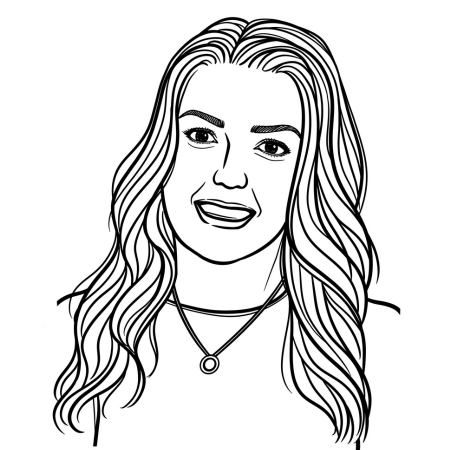
Chloe Trundle
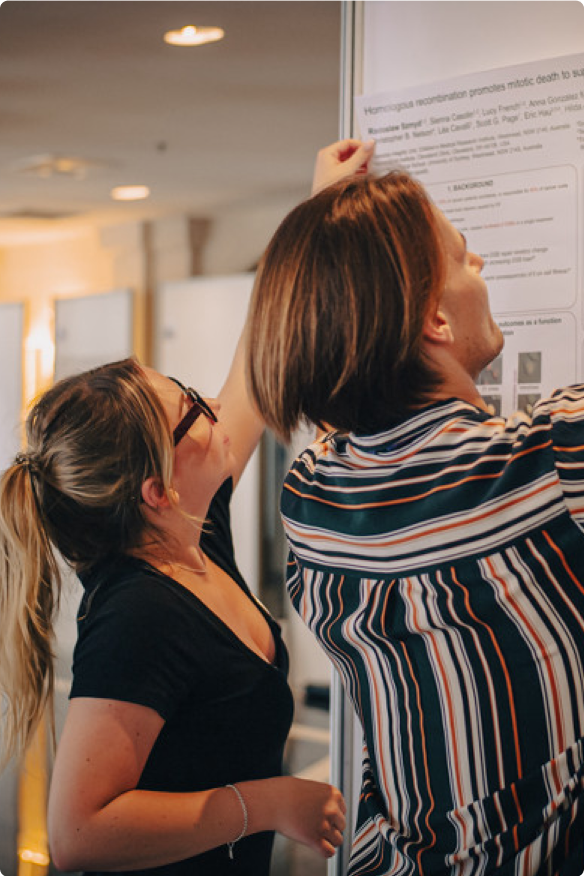
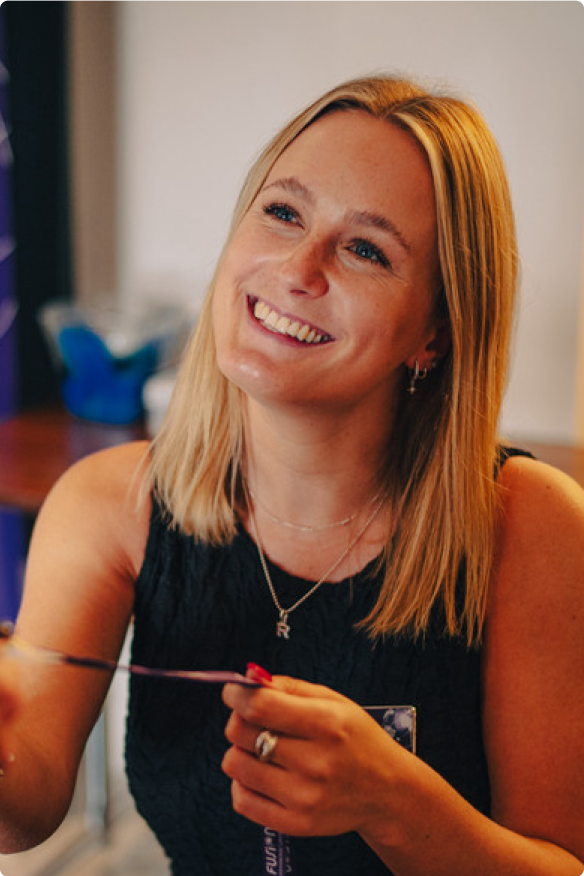
Need some help? Chat to the Fusion team today
As a family run business, our dedication runs deep. We’re committed to each other and, even more so, to every attendee’s experience, delivering a level of care and passion that’s truly unmatched.
